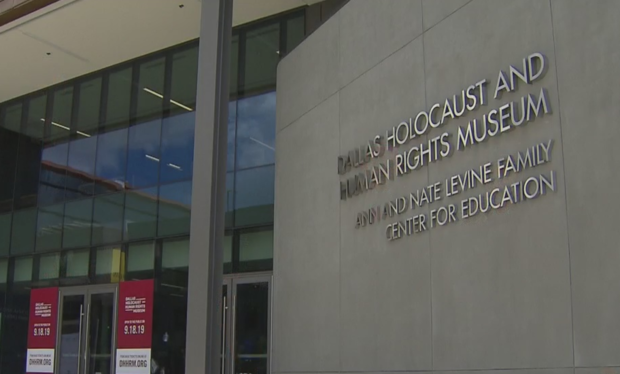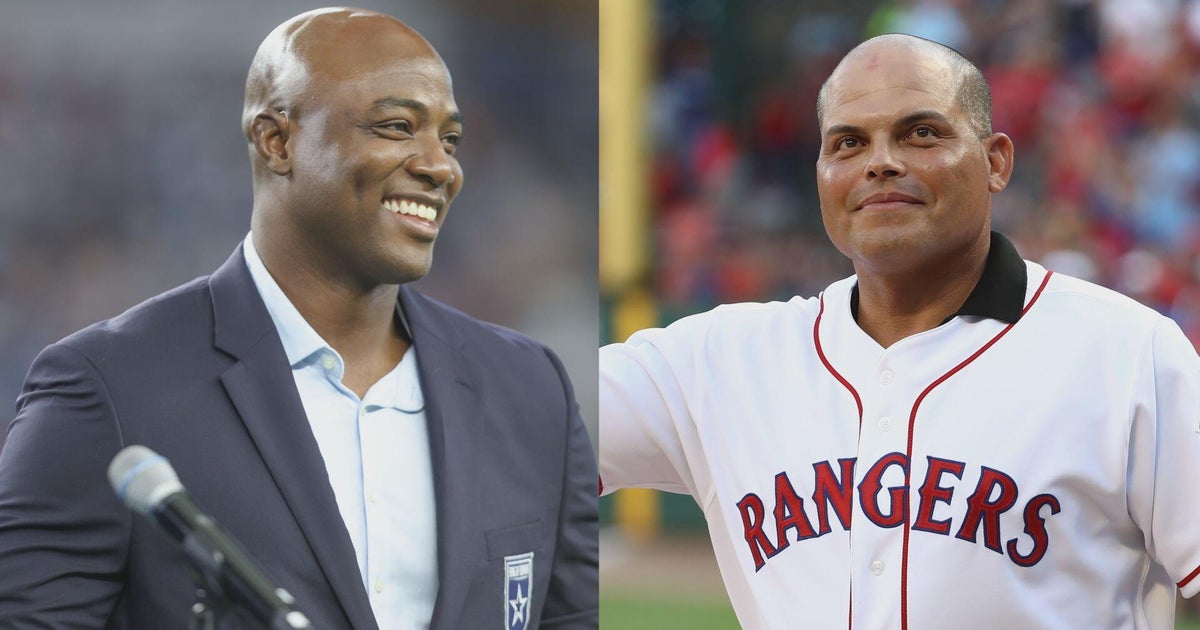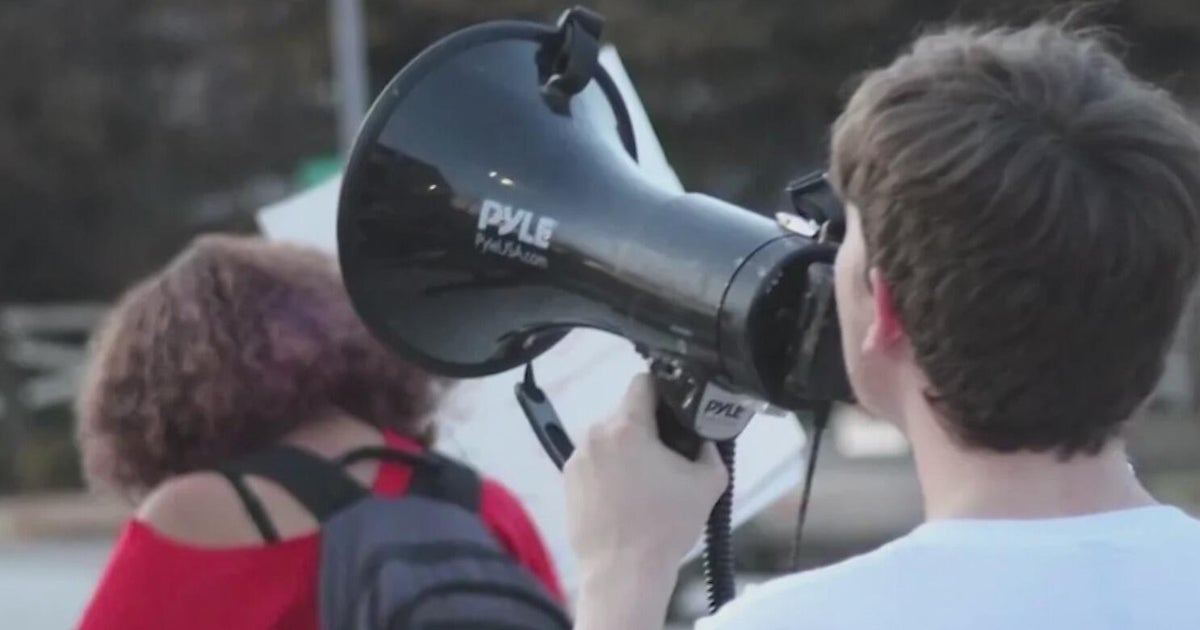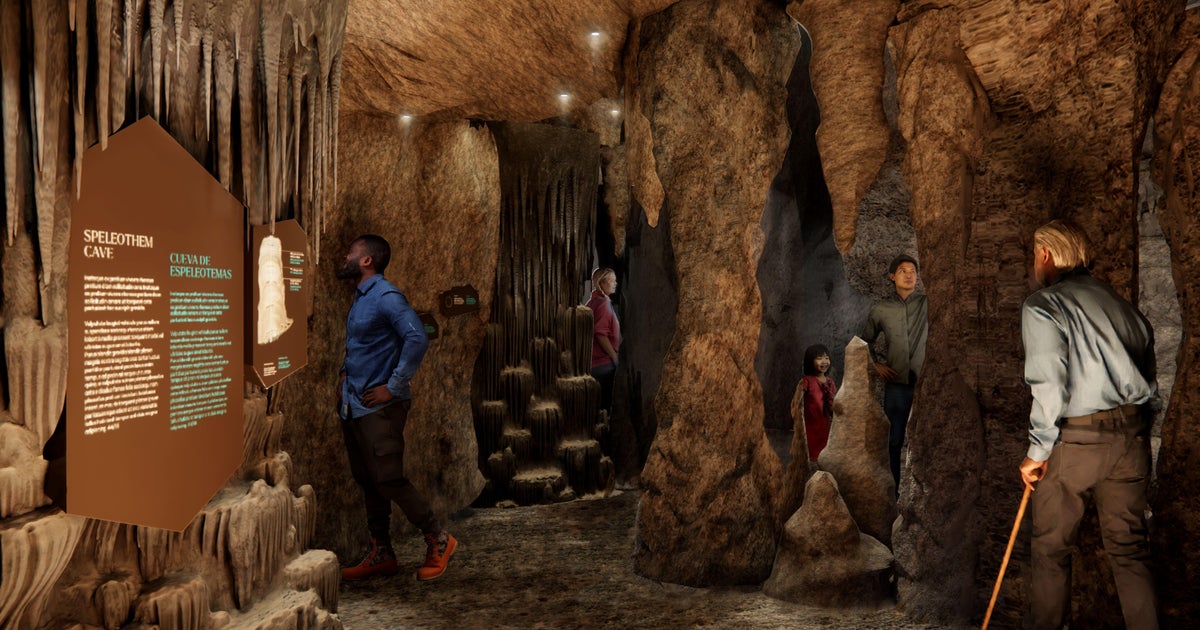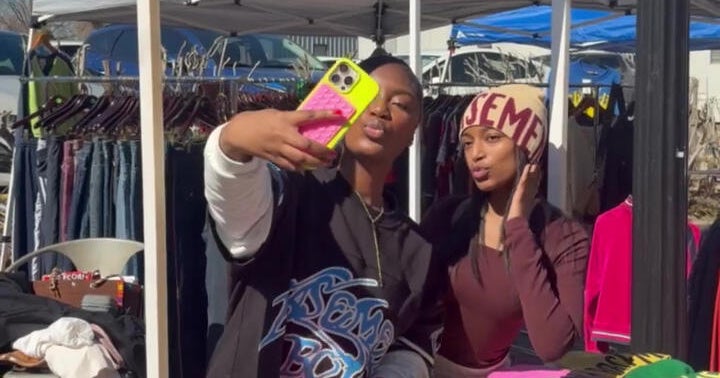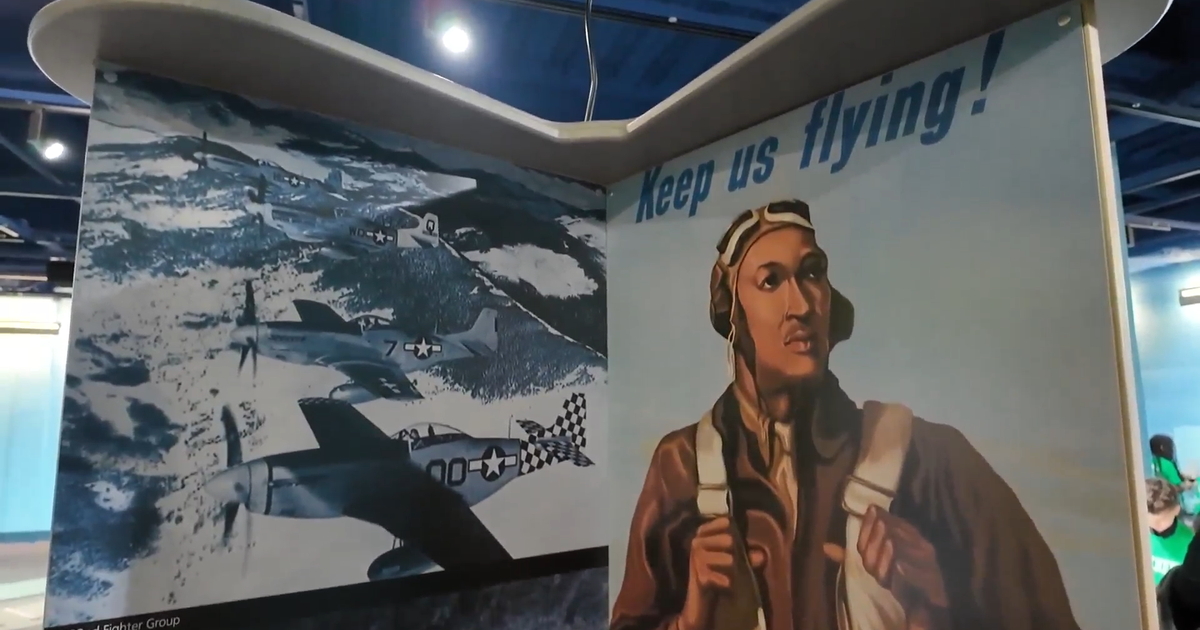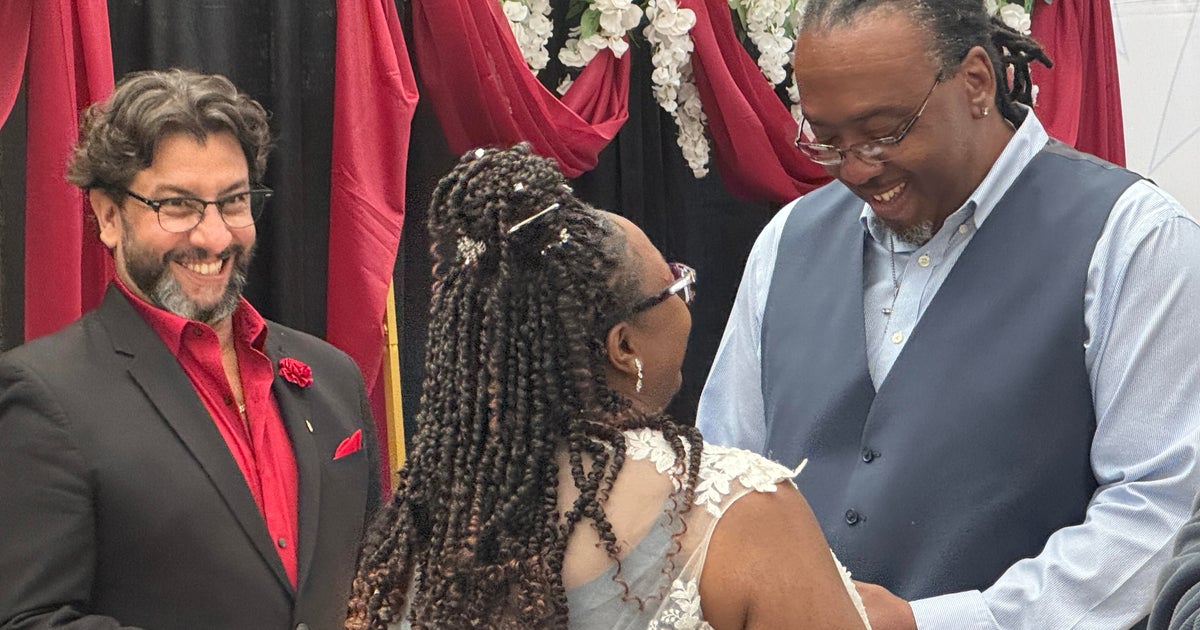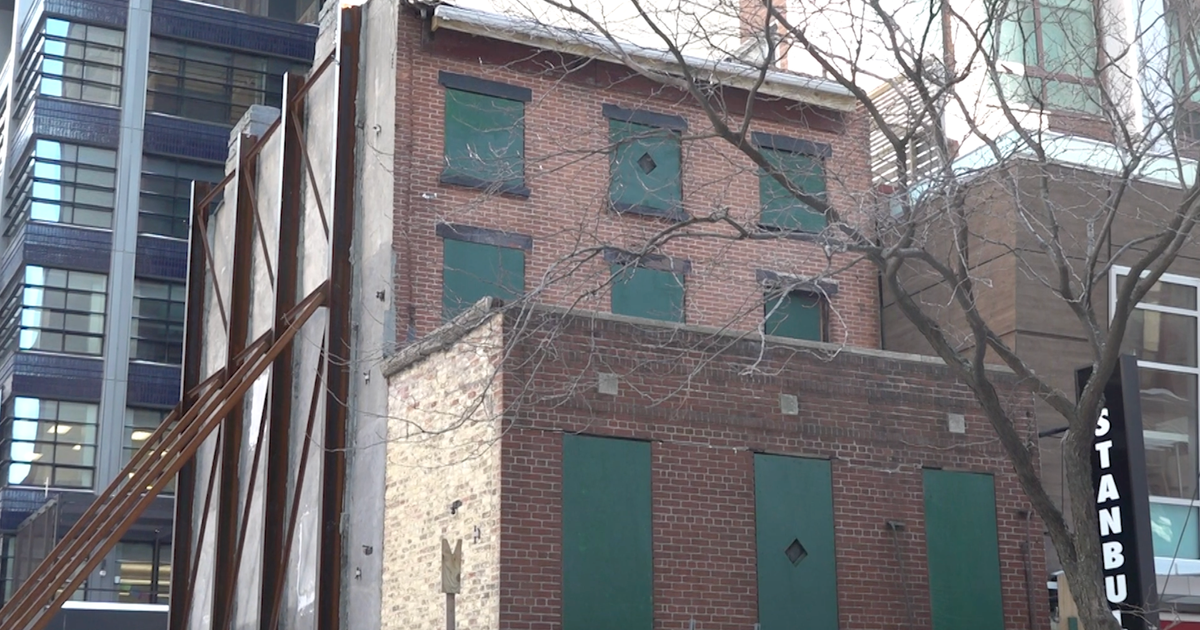Dallas Holocaust And Human Rights Museum Dedicated: 'It's So Stunning, So Meaningful To So Many Of Us'
DALLAS (CBSDFW.COM) - About 20 Holocaust survivors gathered with dignitaries to help dedicate the new Dallas Holocaust and Human Rights Museum.
One of the survivors, Rosian Zerner said, "It is so stunning and so meaningful to so many of us this whole experience of this ribbon-cutting has been a moving experience for me and I feel very emotional about it."
The three-story Dallas Holocaust and Human Rights Museum, standing in downtown Dallas' West End, is far more grand than Holocaust Survivors in Dallas ever imagined when they opened their first museum in the basement of the Jewish Community Center in 1984.
Volunteers raised more than $84 million to build the museum.
In its permanent new home, a hologram allows Holocaust Survivor Max Glauben, now 91, to answer questions about the atrocities he experienced for generations to come.
Rabbi David Stern of Temple Emanu-El gave a blessing. "May the exhibits in here remind us what we must exhibit out their courage and compassion and decency for our own and beyond our own."
Pastor Richie Butler of St. Paul United Methodist Church, who also gave a blessing said, "Let the Dallas Holocaust and Human Rights Museum use its weapon of love to defeat society's greatest threat, hate."
Many of the exhibits are moving, including the fully-restored box car the Nazis used to transport Jews and others to the death camps.
In all, Adolf Hitler and the Nazis killed six million Jews and four million other people, as part of the worst mass murder the world has ever known.
The museum also expands its mission by highlighting human rights and genocide in other countries, including the African nation of Rwanda.
During the dedication, a survivor of the horrors in Rwanda, Lydia Nimbeshaho, shared her story about her parents being killed by their neighbors they had once helped.
She said she became an orphan at the age of six, along with her five siblings.
Nimbeshaho sobbed when she told the one thousand people who attended how she felt just before she and her siblings were rescued from a mob of killers. "I remember thinking I am going to die. My brothers and sisters, we are all going to die."
The museum highlights Upstanders, people who fought back against evil and injustice.
Governor Greg Abbott praised the museum, and those who created it. "This museum will ensure that we will not forget those who suffered and died under oppression. And we will not turn a blind eye to the human rights abuses that are still plaguing this world today. Because of your efforts, we will never forget the atrocities or the lessons of the Holocaust, and together we will build a brighter future for future generations."
The goal is for 100,000 6th through 12th graders to visit the Museum by the end of 2020, and there will be scholarships for school districts.
Former State Senator and Immediate Past Museum Board Chair Florence Shapiro told the crowd that last month's deadly mass-shooting in El Paso, which was fueled by hatred, proves why the goal is so important. "We must get as many young people into this facility as possible immediately. they must see that thoughts and actions have consequences. For evil yes, but for amazing good as well. They must know what came before to be able to change what comes next."
Shapiro also praised Governor Abbott for signing a bill passed by the State Legislature to establish Holocaust Remembrance Week to educate students.
Texas is one of ten states to do so.
Dallas Mayor Eric Johnson presented each of the Holocaust survivors a key to the city.
He also proclaimed Wednesday, the first day the Museum opens to the public, "Upstander Day in Dallas."
The Mayor said, "This is a place that can inspire an entire generation of Upstanders. I want this museum, which is and I'm so grateful, right here in the heart of Dallas, to be a beacon for our entire community. I believe the lessons taught in this Museum will inspire us all, adults and children alike, to stand up for what's right and to fight hatred with every ounce of our being."
The ribbon-cutting ceremony for the museum comes as anti-Semitism is rising in the U.S. and worldwide.
Holocaust survivor Rosian Zerner said she appreciated the hard work and dedication of all of those involved with this project. "I'm so grateful to everyone who made this happen because it's going to be for perpetuity and it should be a symbol for all of us how to live together and be together for a better world."
